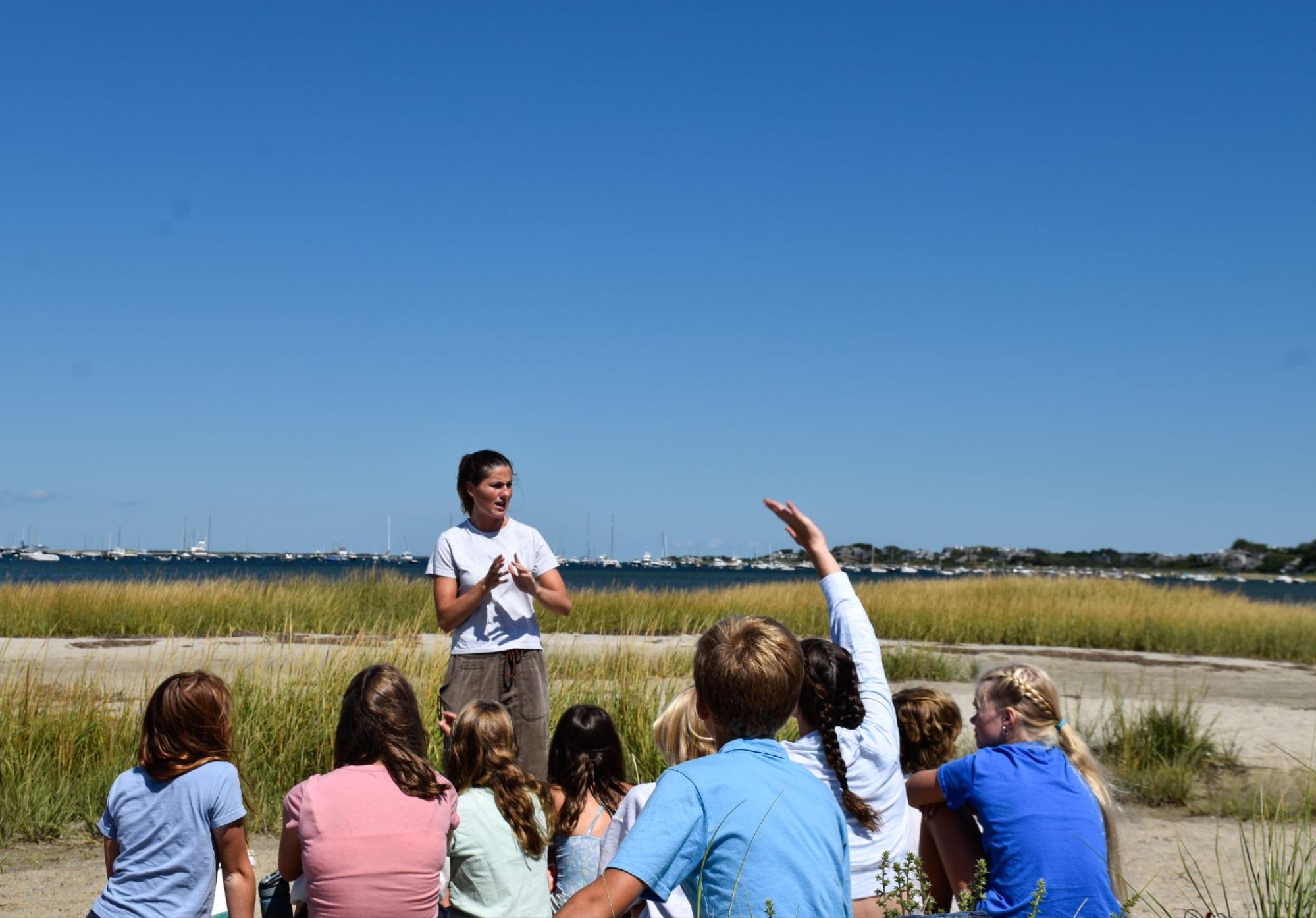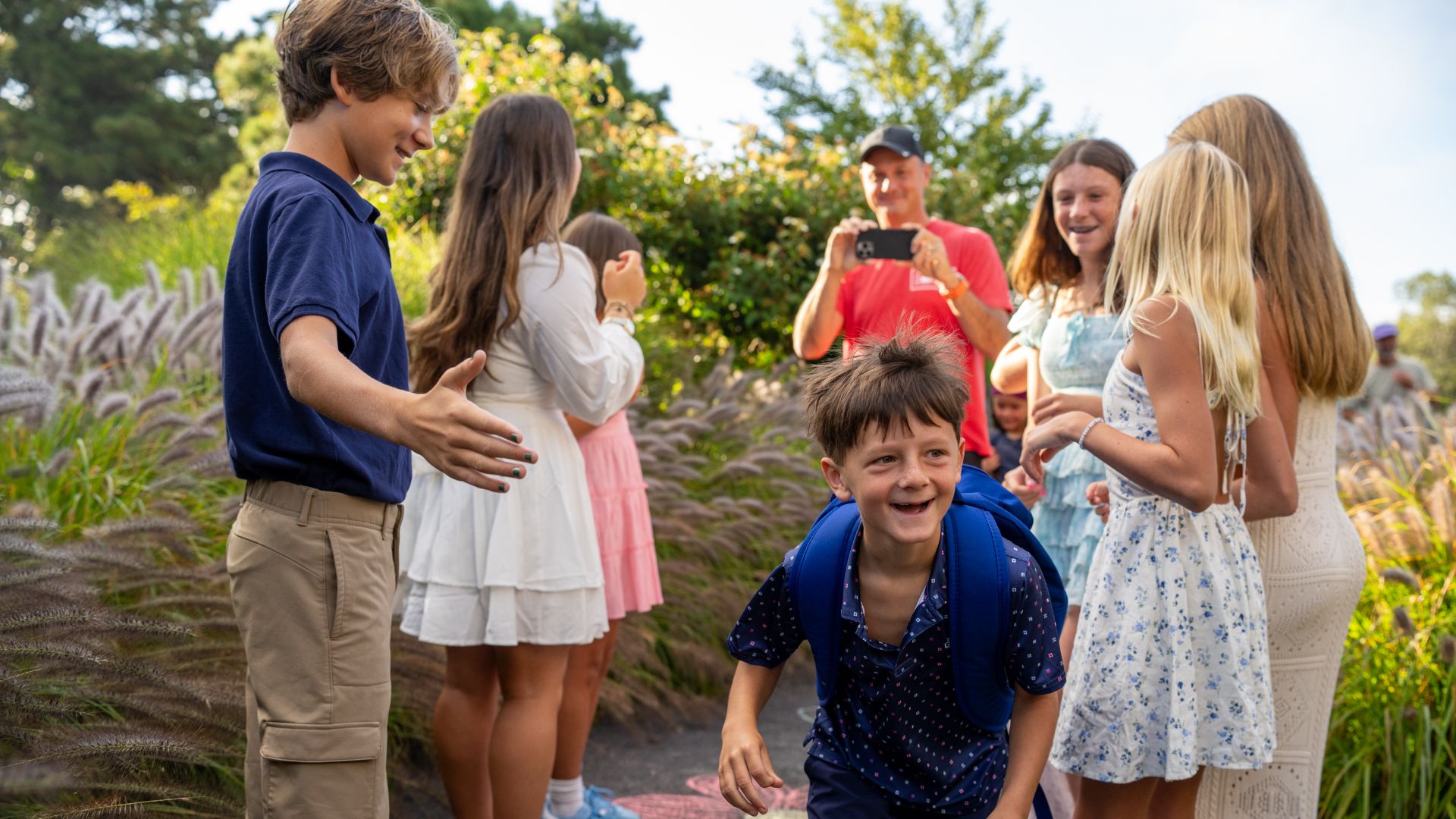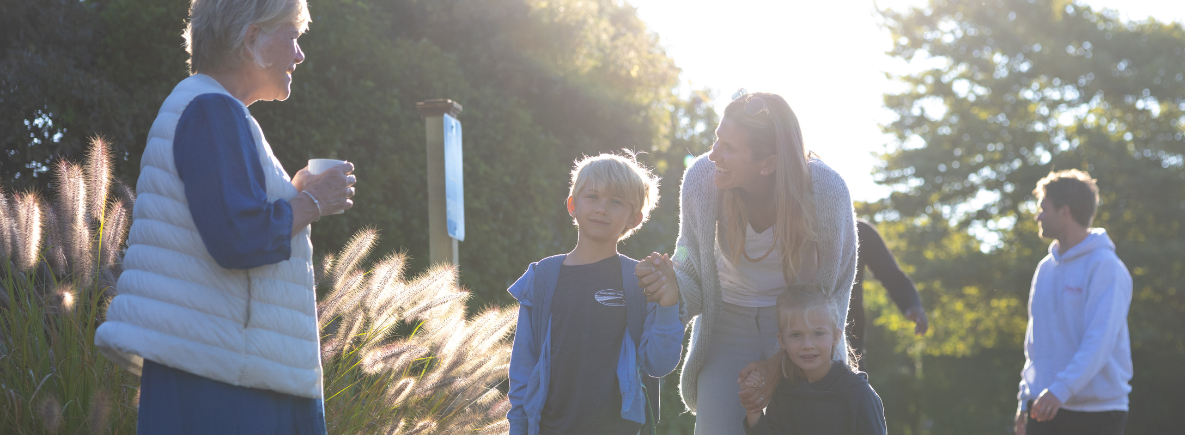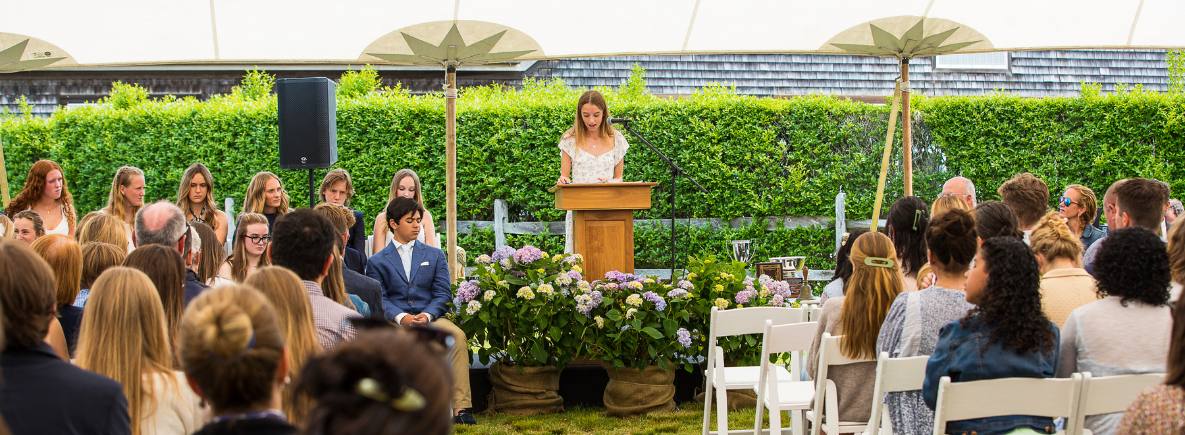Our Approach to Learning
At Nantucket New School, learning is joyful, purposeful, and deeply personal. We believe every child deserves the space to wonder—to ask questions, imagine boldly, and explore ideas—and the space to wander—to move, engage with the world around them, and discover their place.
Learning Through Connection
Our program is built on four foundational pillars:
These values guide everything we do, creating an environment where children thrive academically, socially, and emotionally.
We educate the whole child. Our teachers tailor instruction to meet each student’s unique strengths, interests, and challenges, ensuring every learner feels seen, heard, and supported. Because our teachers know students well—not only as learners but as people—they can respond to emotional and social needs with the same care and attention as academic ones.
Bonded by Purpose
Relationships are at the heart of our school: students and teachers build deep, lasting connections, and learning happens within a framework of mutual respect and trust. Students know their teachers as mentors and role models, not just instructors.
As a family-centered school, we actively welcome parents into the fabric of daily life. Families are engaged partners in their children’s education, from classroom visits to volunteer opportunities.

The culture of connection extends beyond the classroom into the broader island community. Our curriculum is rooted in Nantucket’s unique natural and cultural landscape, and our students regularly participate in island-wide service, environmental stewardship, and place-based learning.
At Nantucket New School, we embrace an informal spirit—first names, flexible classroom layouts, multi-modal teaching—while holding serious goals. Our students are inspired to learn, supported to grow, and empowered to contribute meaningfully to the world around them. Here, they find not only knowledge and skills, but also the space to wonder and wander—essential to a well-lived childhood.



.jpg)
